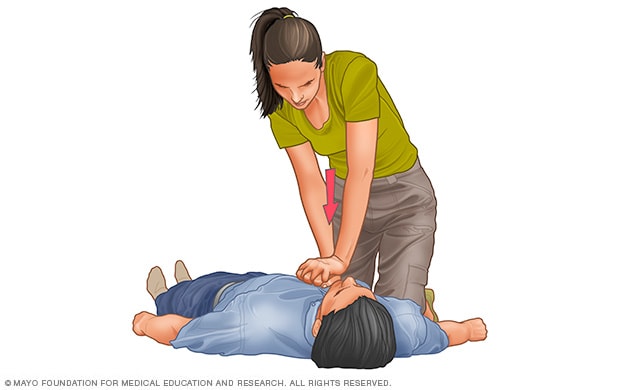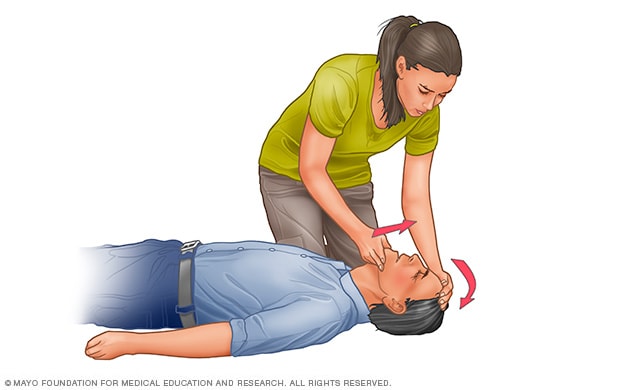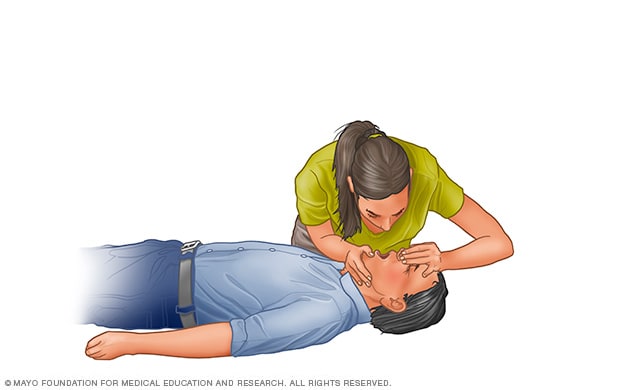Summer is in full swing and the last thing you want to worry about while on vacation is if your home is safe. When preparing to leave for a vacation, it’s easy to overlook basic home safety precautions. There are a number of hazards that could affect your home while you’re away, including lightning, theft and flooding. The more you are prepared for the “what if’s” – the less chance of a disaster occurring. Keeping a check list will also prevent any worry while you are on vacation.
To protect your residence while you’re away and enjoy a worry-free trip, keep these tips in mind.
In order to keep your property safe while you’re on vacation, consider the following:
- Unplug small appliances and electronic devices.
- Stop the newspaper and mail. To do this online, visit the U.S. Postal Service’s website.
- Lock all windows and doors.
- Arrange to have your lawn mowed or snow shoveled while you’re away.
- Have a neighbor keep an eye on your home throughout your trip.
- Remove any house keys you keep outside your home, even if you think they’re in a safe place.
- Set timers on inside lights. Install a motion-activated sensor on outdoor floodlights.
- Consider turning off your home’s water.
- Avoid posting photos of your trip on social media until after you return home. Raise the temperature on your thermostat or turn the system off completely. This ensures that you aren’t paying to cool your home while you’re away.
Insurance Considerations: Taking the proper precautions before you go on vacation can make all the difference when it comes to preventing damage to your home. However, accidents can still occur, and it’s important to ensure you have adequate insurance coverage. Ensuring you have adequate insurance coverage should be top priority. Contact Anastasi Insurance Agency, Inc. to learn more.
Your Business First…




